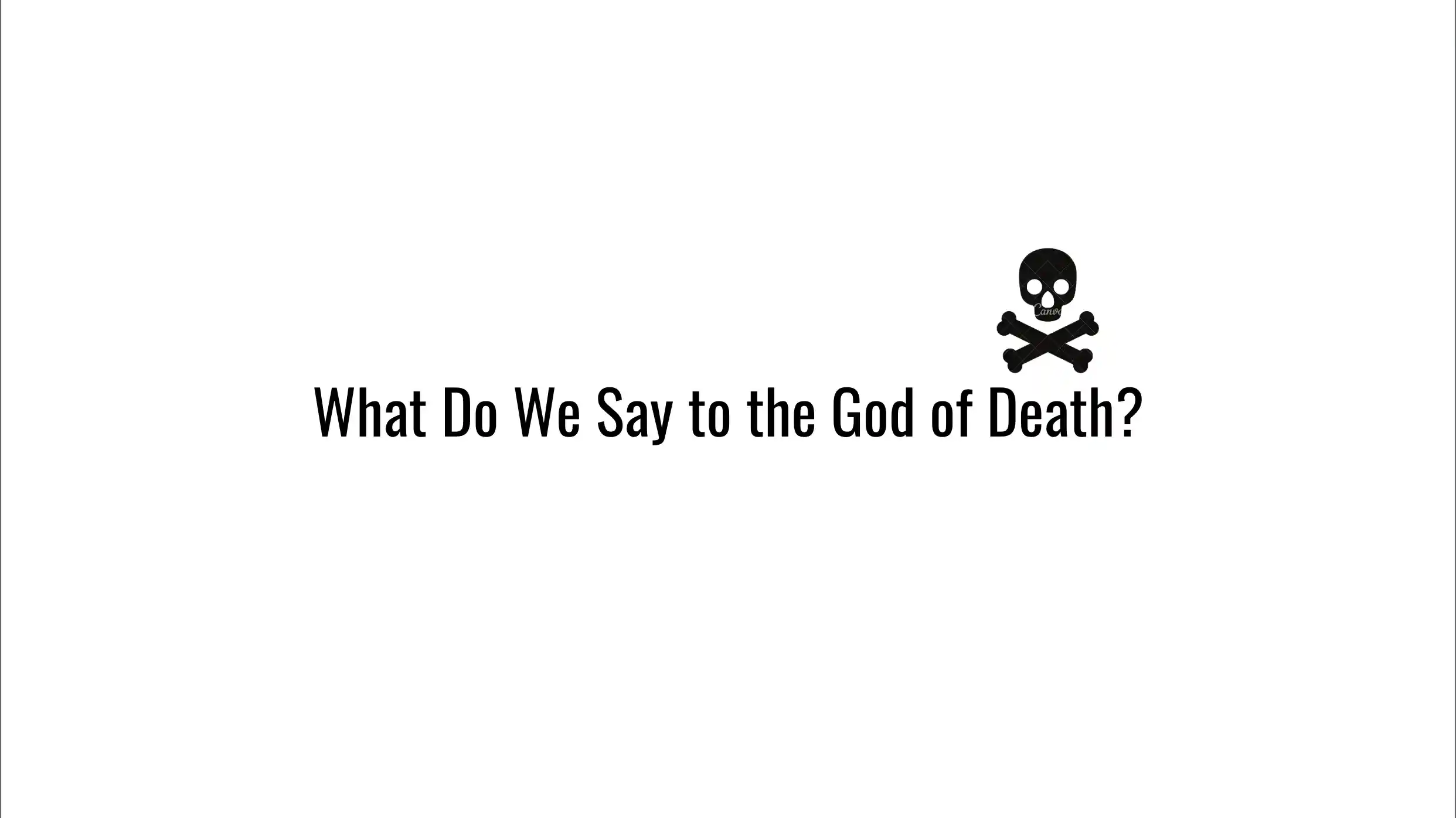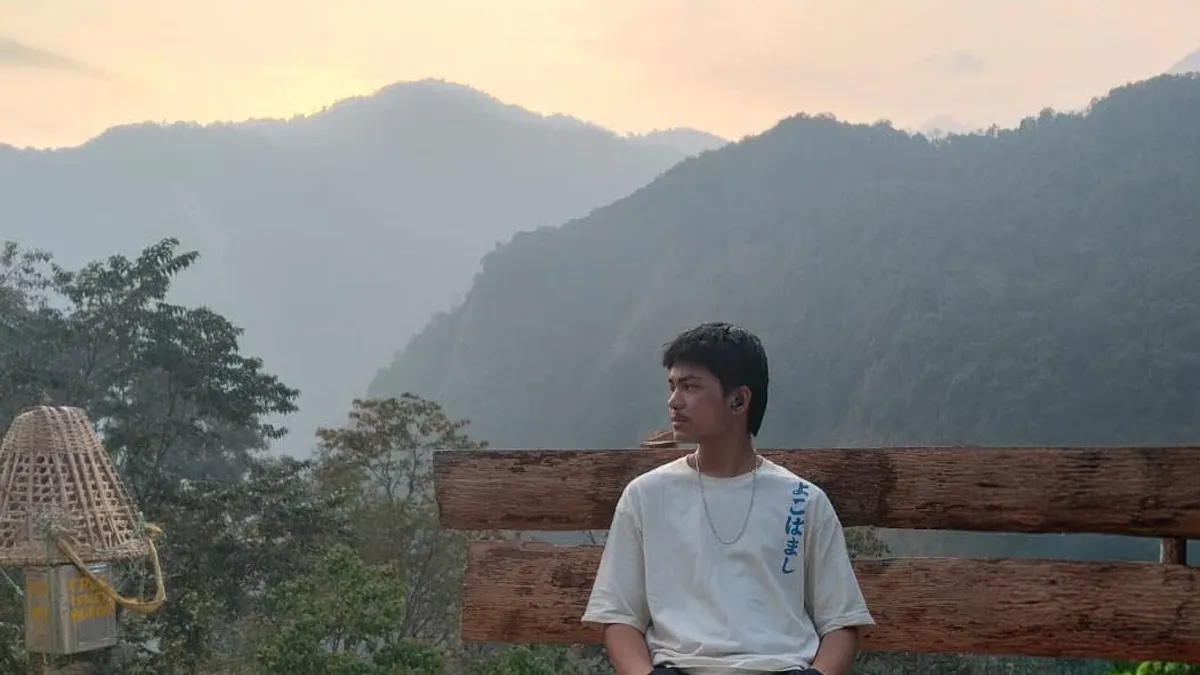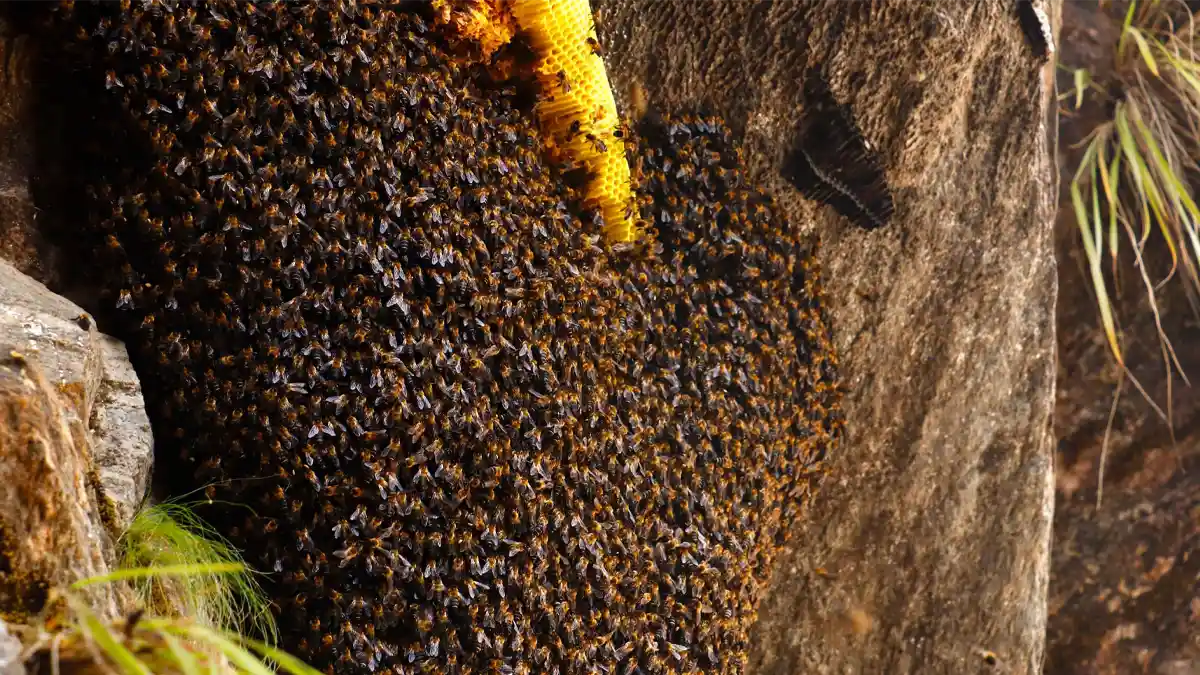Syrio Forel’s lesson to Arya Stark in Game of Thrones.
Until recently, I never truly understood that line.
An acquaintance, my friend’s brother, just 34, with a life that hadn’t even begun, was gone. I didn’t know him deeply, but I had known him for six years. When Kishan broke the news that morning on the 25th September 2025, my first reaction was, “What nonsense.”
I went to the hospital, attended the funeral, and returned home with a heavy heart and a stormed mind. During the long drive back home, one question kept looping through my head: “on what terms does this world really operate?”
We all believe in something: God, nature, energy, or the cosmos. Call it what you will. Most of us are superstitious in our own quiet ways. I use Cosmos instead of God. Some invisible force must be steering how humans exist and behave. Some call it divine will, some call it nature, and after I learned Vipassana, I started to feel it’s the human mind itself, an infinite force that assumes, creates, and governs. Maybe that is the God within us.
It’s hard to put into words. It feels like this: there’s God, there are humans, and then there are ants. Countless ants. Humans, without a second thought, sweep them away. Yet the species survives and thrives within its own tiny ecosystem. Similarly, the power we call God or divine may sweep away humans, while our species continues to move forward in its own way. And those we lose along the way might simply be the ones who fell into that sweeping zone.
From mythology to modern wars, the pattern never changes. In the Kurukshetra Yuddham, approximately seven thousand years ago, millions perished. Then came the Crusades, the religious wars across continents, World War I and World War II, our own fight for Indian independence, Vietnam, and now Israel–Palestine and Ukraine–Russia. The centuries change, but the math doesn’t. People die, populations rise. We record the losses in history books, but at the individual level, each death is a private, devastating tragedy.
On 25th September 2025, driving home with my thoughts unraveling, my mind began to rewind through all the dark alleys of memory, the deaths, the demises, the questions that never found answers.
My first encounter with death was my grandfather’s. I was eight. He passed away in the town hospital. Around 5 a.m., my grandmother knocked on the door, sobbing, calling my father, “He’s gone.” I still remember every detail of that morning: the phone calls, the relatives arriving, the planning, the fire. Twelve days of mourning, and then the end of a chapter.
At that age, what does a child understand?
When people die, people cry.
I didn’t cry that morning. His body lay on a bed of salt from dawn till dusk. And when evening came, just before the final lift, I took a bow. That’s when I cried. After all, he was my grandfather. Most of my early childhood was spent jumping and playing on his chest. His passing still haunts me, not because I understand death, but because I don’t. I blamed him then, because that’s all a child could do. You can’t argue with the way the world operates. So I blamed him, because he couldn’t come back and scold me for it.
Years passed. I joined a boarding school in 6th standard. Final exams, last week of March. Post-lunch, chaos erupted. A strange silence swept through the campus. We were locked inside the dormitories. Then an ambulance arrived. Through the window beside my bed, I saw them carry him out. His name was Sha***h.
He was the best volleyball player in school, a 12th standard student. He had hung himself. Just like that, he was gone. The memory faded with time, but I still remember him. Now I am more than twice his age. Perhaps that was one of the reasons I never really liked those seven years of schooling.
Time runs faster than the ticking of a wall clock. This celestial body never stops moving. Too fast for the heart to catch up.
There were more losses: some from college, some distant relatives, a few friends lost to love, and others to life itself. I remember one clearly. Puru****am, a cheerful guy who worked at a Bangalore Iyengar Bakery in my hometown. Always smiling, always generous. I used to stop by every Sunday when I came home from my engineering college, fifty kilometers away. He’d often offer me a free almond milkshake or a slice of cake. That was his way.
A week later, a call came. My friend Kishore broke the sad news that the Indian Ocean had swallowed him. Our town is just twenty kilometers from the sea. We all went there often, whenever the mood struck. A month later, the tsunami hit, taking thousands more.
There’s always news now and then.
A few years later, one early morning around 5 a.m. in Mysore, my phone rang. It was Ganesh. His voice was heavy. “Pha**i is gone,” he said. Ganesh and Pha**i were roommates. I often joined them for dinner. Pha**i was a film lover; we bonded over that. There’s a long list of movies we watched together at DR Cinemas in Mysore: Avengers, Real Steel, Dookudu, The Raid: Redemption, and many more. I still remember the day we fought with the theatre manager for a show that had no crowd. That was the last. And the film was The Raid (Indonesian film).
The day after The Raid, he bought a second-hand motorbike. A week later, Ganesh told me the story. Pha**i had fallen on KD Road after a late-night movie. Just a minor accident, a hairline fracture, they said. He went home for treatment and never came back. Another chapter closed.
The next one was an affectionate man, Kotaiah. Even at sixty, he had a strong, chiseled physique. Of course, he was a farmer. I had learned agricultural skills from him since childhood. What the hell, it was a brain tumor. He was gone after a surgery in Hyderabad. Within days, a strong, confident man just left. I met him once after the surgery, in my village, lying on his bed, waiting for the judgment day.
Then came Paul Walker’s death. I adore him even today. I had watched every film of Paul, and he too was gone in an accident. A year later, I moved to Hyderabad. My paternal grandmother passed away. And like that, one after another, people began to leave.
Then came the pandemic.
The world went still. Fear turned into routine. Every few days, another name vanished from the circle. The first was my uncle, fifteen days in the hospital, and the virus stopped his heart. I still can’t digest how life can disappear so quickly and quietly. He had asked me to prepare a list of old songs on a pen drive. I didn’t do it before he was hospitalised. His death happened right in front of my eyes.
That was the beginning. Then my grandmother. Then my maternal aunt. Then many others, one after another. Grief became a strange sort of familiarity.
In February 2024, my maternal cousin passed away. He was just forty-four then. That one broke me. His story, I can’t even write. He had visited my home in Gandhinagar three months before his departure.
There are many more such moments, from newborns to the dearest elders, but I choose not to recall them here, not because I have forgotten, but because I don’t want to reopen old wounds for those still healing.
Through all of it, one understanding has taken root in me.
Death is not the opposite of life. It is a part of it.
It waits at the end, quietly, patiently. It can come to anyone, anytime.
And when it does, I will welcome it with a warm smile.
But until then, to the God of Death, my answer remains the same:





thanks to the author for taking his clock time on this one.